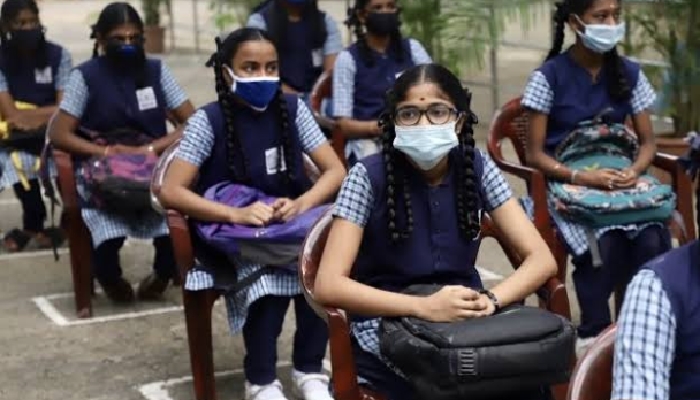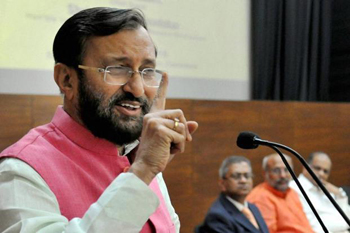
New Delhi, Aug 9: With the National Education Policy 2020 recognising the need for flexibility in choosing the subjects that a student wants to study, implementation of this policy will boost science, technology, engineering and mathematics (STEM) education in India, edtech startup SP Robotic Works has said.
The new education policy also recognised that skills like coding and scientific temper and evidence-based thinking should be learned by all students to become good, successful, innovative, adaptable and productive human beings in today's rapidly changing world.
With the semester-based pattern, there is a lot of relaxation with respect to a child's choice to select their interest in subjects, according to Sneha Priya, CEO and co-founder, SP Robotic Works.
"This will promote the kids to explore various segments which otherwise I believe was restricted to an extent," Priya told IANS in an interview.
On July 29, the Union Cabinet gave its approval to a new National Education Policy (NEP) which aims at bringing about several changes in the education system from the school to college level.
Prime Minister Narendra Modi on Friday said that the NEP is the foundation of a "new India" and that it will help close the gap between education and research.
It is now well recognised that in opening the door to myriad opportunities offered by STEM education, online platforms have played a pivotal role.
Coding-related courses have picked up well and the online platforms have seen a lot of kids enrol in block programming, artificial intelligence (AI) and android app development.
"As the field of STEM education gained immense popularity in India, this online learning platform has seen 80 per cent increase in the number of renewal of programmes, which implies the increase in interest and is a positive sign for the future of STEM education," she said.
The proposal to introduce coding from Class 6 and onwards is one of the best decisions of the policy, Priya added.
"With importance being given to coding in the NEP, the schools will be more open to adopting new ways to ensure their children master in what they are learning which will automatically result in better outcomes," she opined.
"Focus on these skills is crucial during the formative years for the development of the children. Hence, this new policy will prove beneficial for growing kids to gather their interest in coding at an early stage," she said.
According to Priya, it is important to deliver the coding concepts in the right manner to captivate and encourage the child to engross his/her attention towards the subject.
She also stressed that both robotics and coding courses have seen a huge upsurge this year.
In addition to what is being taught at school, the online learning platform has seen an increased number of queries from parents with regards to shaping up their child's coding skills.
"Especially with the current situation, the Covid-i9 lockdown has given more time to students to explore their interest in this field and we have seen double the demand in participation just in the previous few months from children," Priya quipped.
Even during the lockdown, SP Robotic Works said they have seen an increase of 55 per cent in the revenues.
"Additionally, we have seen around 1 lakh new enrolments during the last four months which demonstrates that Indian children are exploring their interests across segments," the CEO said.
"For the next six months, our focus is going to continue educating and engaging more students in experiential learning as we work towards building a nation that's truly 'Aatmanirbhar'," Priya noted.









Comments
Add new comment